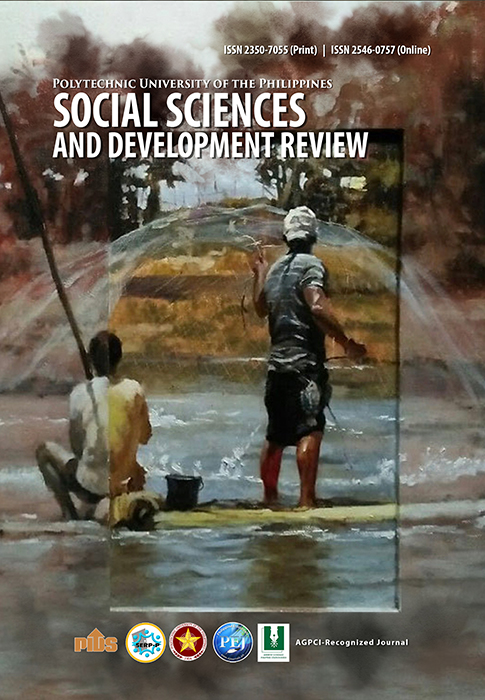An Exploratory Study of Sugar Relationships in the Philippines
DOI:
https://doi.org/10.70922/wcwf0d63Keywords:
Sugar Dating, Transactional Relationship, Deviance, PhilippinesAbstract
Sugarbook, a dating application that connects sugarbabies and sugarparents, experienced a server crash due to a massive surge in registrations from the Philippines in 2020. It had approximately 200,000 Filipino users by 2021 – with 76% registered as sugarbabies, and nearly half of them were students. This surge prompted Senator De Lima to file Senate Resolution 609 in January 2021, initiating a legislative inquiry into the escalating use of sugar dating sites. This resolution highlighted sugar relationships as a social problem, especially impacting young women grappling with pandemic-induced economic hardships. It is common knowledge in Sociology that trying to solve a problem can yield varying outcomes: success, failure, exacerbation of the issue, or the creation of new problems. These undesirable outcomes may result from a lack of understanding of the problem, the proposed solution, or both. With this in mind, the study explored the lived experiences of Filipino sugarbabies to gain a better understanding of the nuanced nature of sugar relationships. The research was able to identify the motivations behind the entry of sugarbabies into this kind of relationship, the process of discovering and participating in them, the expectations they are expected to fulfill, and the risks that are associated with these relationships.
Downloads
References
Downloads
Published
Issue
Section
License
Copyright (c) 2024 Mark Anthony M. Quintos, Marianne Carmel C. Galvez (Author)

This work is licensed under a Creative Commons Attribution-NonCommercial 4.0 International License.
Articles published in the SOCIAL SCIENCES AND DEVELOPMENT REVIEW will be Open-Access articles distributed under the terms and conditions of the Creative Commons Attribution-Noncommercial 4.0 International (CC BY-NC 4.0). This allows for immediate free access to the work and permits any user to read, download, copy, distribute, print, search, or link to the full texts of articles, crawl them for indexing, pass them as data to software, or use them for any other lawful purpose.


